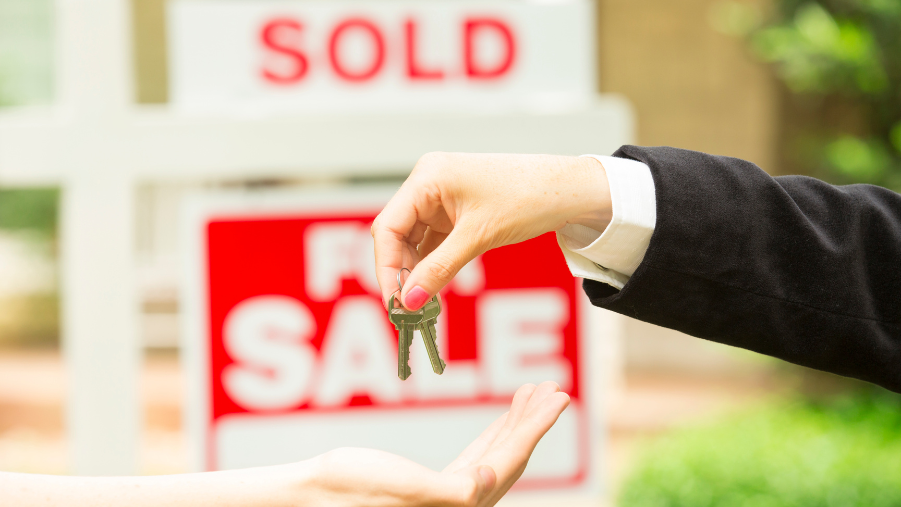Insights

What is Capital Gains Tax? If you’ve ever sold an asset such as property, stocks, or valuable possessions, you might be wondering about the financial implications of your sale. This is where Capital Gains Tax (CGT) comes into play. CGT is a tax on the profit you make when you sell an asset, and it is an important aspect of the tax landscape in Ireland. In this guide we will delve into the details of CGT, explore the capital gains tax rate, percentages, and what exactly constitutes a capital gain.
What Exactly is Capital Gains Tax?
At its core, Capital Gains Tax is a tax on the profit you make when you dispose of an asset. This asset could be a property, a piece of art, stocks, or other investments. In Ireland, individuals and companies are both subject to CGT, but the rules and rates differ.
What are Capital Gains?
Capital gains are the profits or gains made from the sale or disposal of assets. They are calculated by subtracting the purchase price of the original cost of the asset from the selling price. Capital gains can arise from various sources, including:
1. Property:
Selling a property, whether it is your primary residence, a rental property, or a piece of land, can result in capital gains.
2. Investments:
Selling stocks, bonds, or other investments at a profit generates capital gains.
3. Business Assets:
If you are a business owner, gains from selling business assets can also be subject to CGT.

What Percentage is Capital Gains Tax Rate?
The Capital Gains Tax rate varies depending on your individual circumstances and the type of asset you are disposing of. As of the most recent tax year, here are the basic rates:
- For individuals, the standard rate of CGT is 33%.
- For gains from foreign life policies and foreign investment products, a rate of 40% applies.
- For gains from venture capital funds, a reduced rate of 15% may apply.
- Companies, on the other hand, enjoy an even lower rate of 12.5% for gains derived from venture capital funds. (Learn more about tax incentives for businesses in Ireland here.)
It is important to note that venture capital funds represent investments made in start-up companies or small businesses.
Capital Gains Tax Allowance
Individuals also have a tax-free allowance for capital gains, known as the annual exemption. As of the most recent tax year, this allowance stands at €1,270. This means that you will not have to pay CGT on gains up to this amount.
What is the Capital Gains Tax on Selling a Home
When it comes to selling your home, there are specific rules for Capital Gains Tax. If you are selling your primary residence, you may be eligible for Principal Private Residence Relief, which can reduce or eliminate the tax liability on the gain. However, if you’re selling a second property or an investment property, the standard CGT rules apply.
You can learn more about the Principal Private Residence Relief at Revenue.ie.

Capital Gains Tax is an integral part of the Irish tax system, and understanding what it is and how it works is essential for individuals and businesses alike. It is important to be aware of the specific rules and rates that apply to your situation, as well as any available exemptions or reliefs.
For personalised guidance and assistance with your tax planning and compliance, consider consulting with Cronin & Co, your trusted partner in taxation services. Visit our website to learn more about how we can help you navigate the intricacies of Capital Gains Tax and other financial matters.








